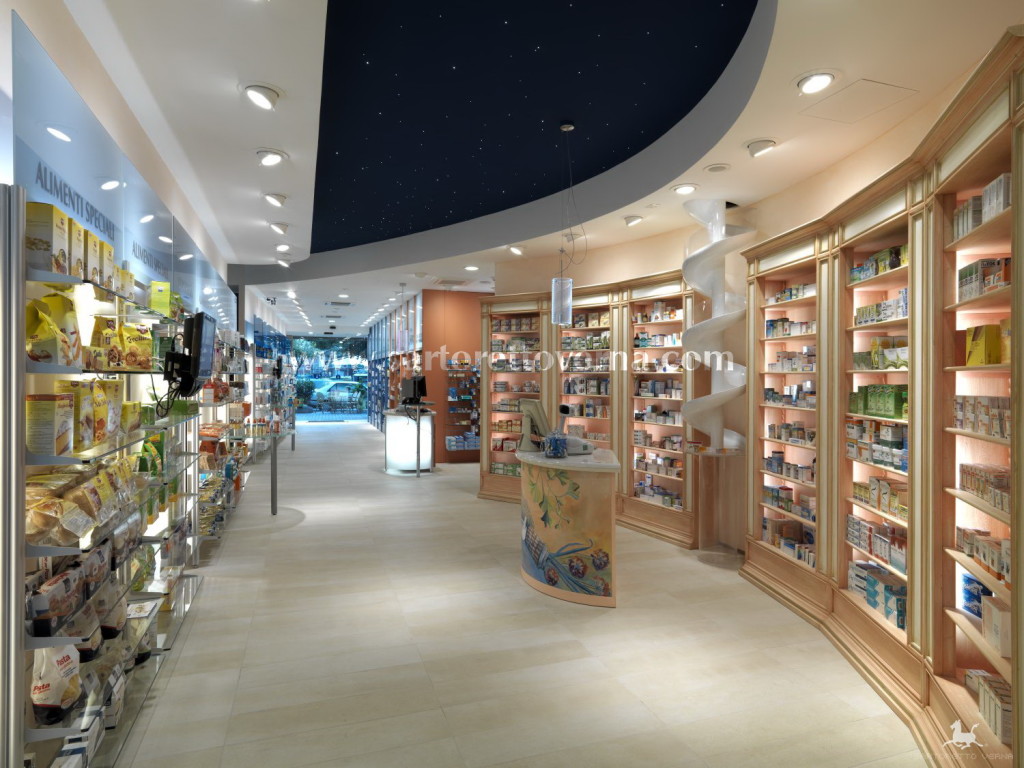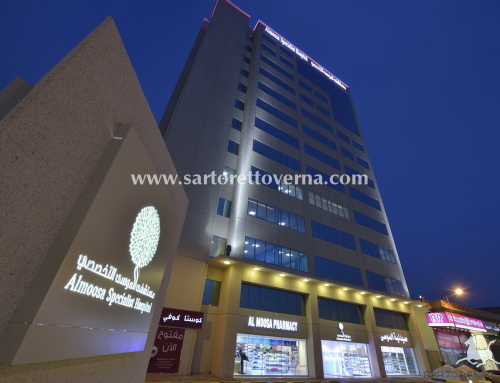Time seems to be standing still for forward-thinking pharmacies. The controversial changes in legislation regarding the sale of certain medicines, together with the growing tendencies towards ‘DIY’ cures and natural remedies, means that the general public are much more knowledgeable nowadays when it comes to healthcare. This has significantly changed their attitude leaving the stable pharmacy a distant memory remembered only by a generation of pharmacists who continue to be indelibly linked with a disappearing past. Our heath culture has raised a wall of miscommunication between those who sell and those who buy pharmaceuticals. An invisible and inaccessible wall has arisen where detachment and reserved respect undisputedly dominates the main players in the pharmacy. The clients are amazed by the myriad of options that the health market of the third millennium offers, yet seem lost after their short and often necessary trip to the pharmacy. The customer knows that time is passing and the future brings new ways of doing things, yet the place they are accustomed to and trust, throws them back into a dark past where the old and gloomy atmosphere makes them feel even worse about their ailment. The role of the pharmacy has drastically changed for those who choose to embrace it, or those who choose to ignore it, letting it slip away like sand in an hourglass. People are not looking solely for medicines for the body, but also for the soul.
They need to be revitalized with a friendly smile and the professional advice of their trusted friend the pharmacist, in an elegant and refined atmosphere, built for the needs of the client. A seminar held at the Forum PA in May 2008 where the Modena-born Federfarma presented the changes in the pharmcaeutical sector in the Emilia Romagna region and which brought to light the fact that people prefer pharmacies that are welcoming and easily accessible. It could never be any other way. People are getting older, parents are in a hurry to pick up their kids from school, they want pharmacies that are easy to get to. Waiting in a space where you can finally sit down after a long day at the same time browse some of the great information on show, makes the experience a pleasant one. The use of light in this particular instance is fundamnetal. We all want to develop a relationship of trust and communication with the person who is providing our medicines which is why we have installed counters that do not create too much distance between client and pharmacist, another important element. A moment of relaxation for the client and the sense of order from the display and deilvery professionall medicines is created. The smart solution of the store-room robot is an example of responding to demand at the same time briging modern technological solutions to the pharmaceutical universe without depriving people of the relationshop of trust that has been built with their chosen pharmacist. Machines replace humans: it takes the required medicine from the storeroom to the counter in the blink of an eye as if like magic so that the pharmacist can concentrate on the customer. The robot therefore gives space to the customer-pharmacist relationship, reinforcing it, without having to resort to impressive and oftentimes complex marketing strategies. Lighting plans and the use of space that has a feeling of safety, taking advice from the people who know the customers best and understanding their deep desire to be well and happy are the principles that have created this fantastic pharmacy. This is what patients of the future dream of; a pharmacy that serves as a place where desires meet. The role of the pharmacy evolves in a random and organic way with the input of new technologies that can even organize home delivery of medicines. Two worlds that were once far apart meet to create an unbreakable bond.
Gone are the days of a pharmacy with little space and a lack of relationship with the customer, where the only moment of contact is handing over a bag of medicines. Today we need solutions fit for each individual, able to fit the needs of everyone who comes into the pharmacy, who knows they are not in a ‘store’ but in a healthcare center. The pharmacy becomes a familiar place from those who have at times debilitating ailments, to those who simply want to live healthily. People know what they want; do the pharmacists?






